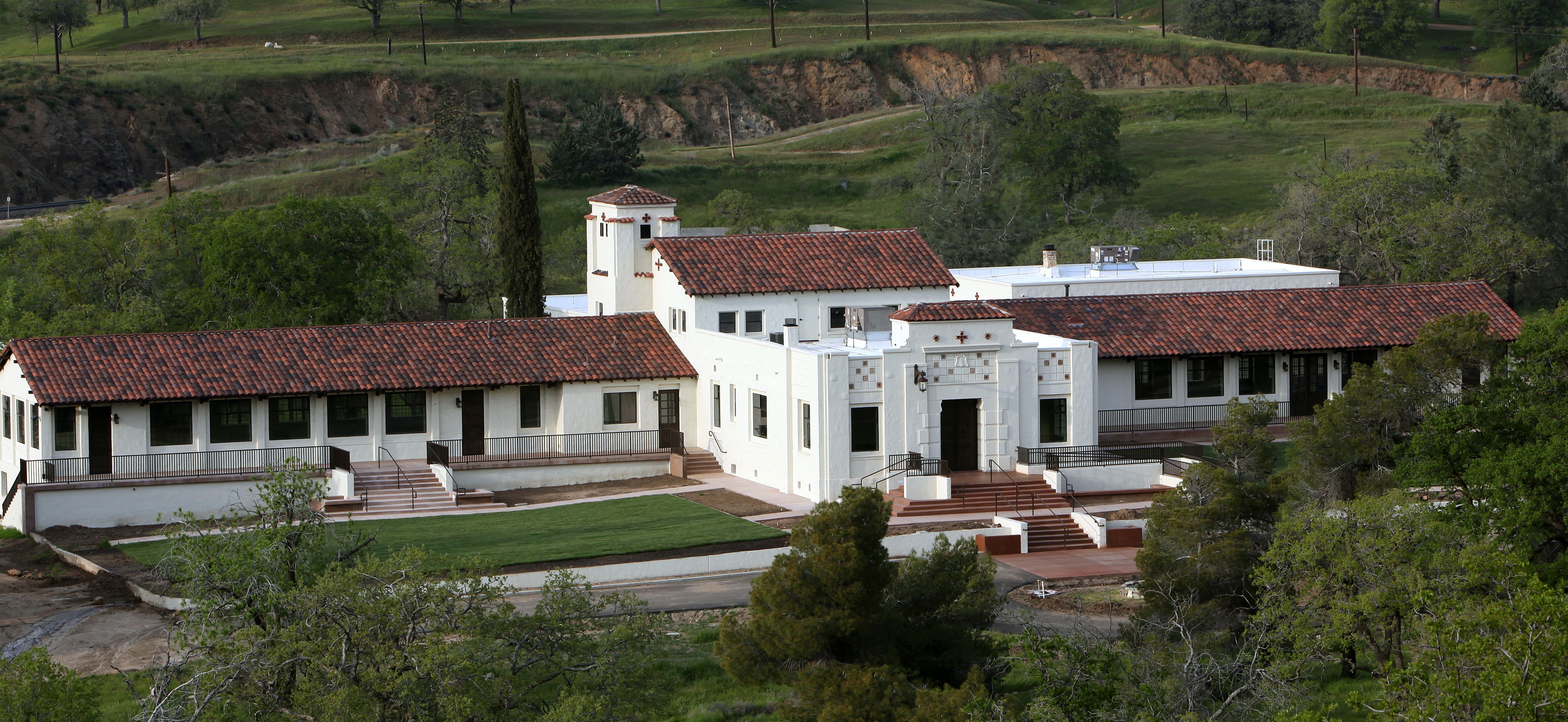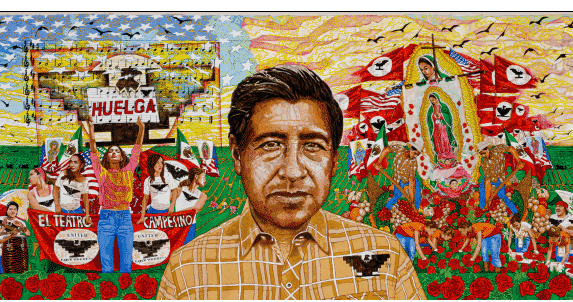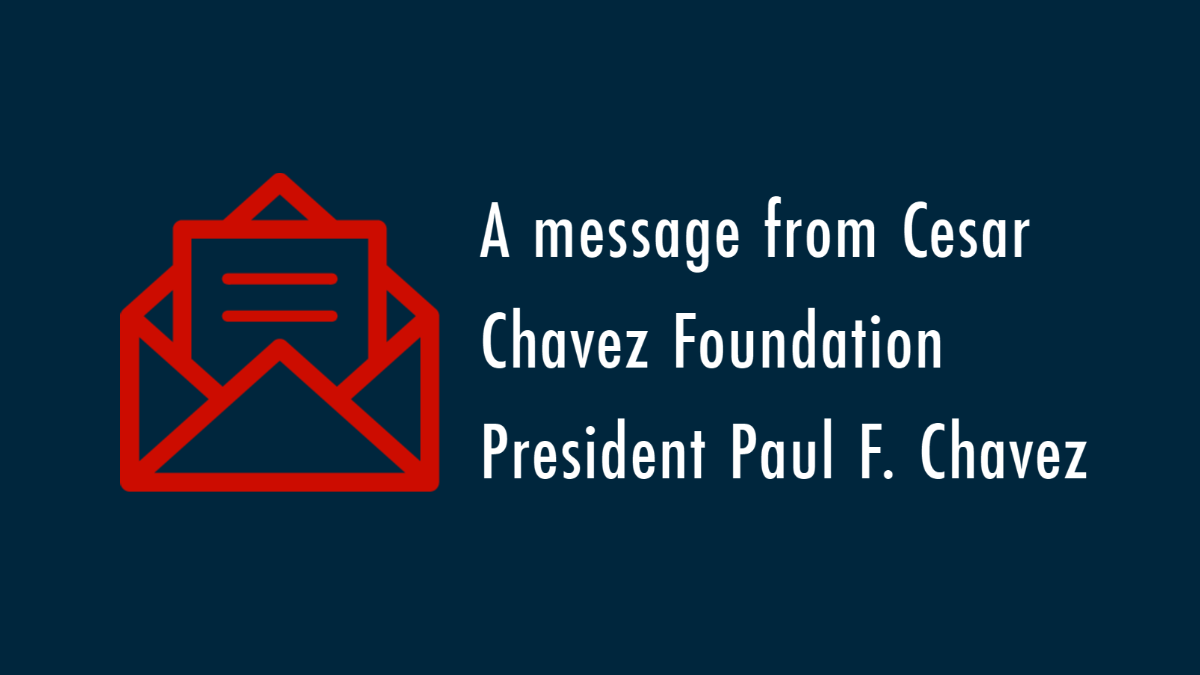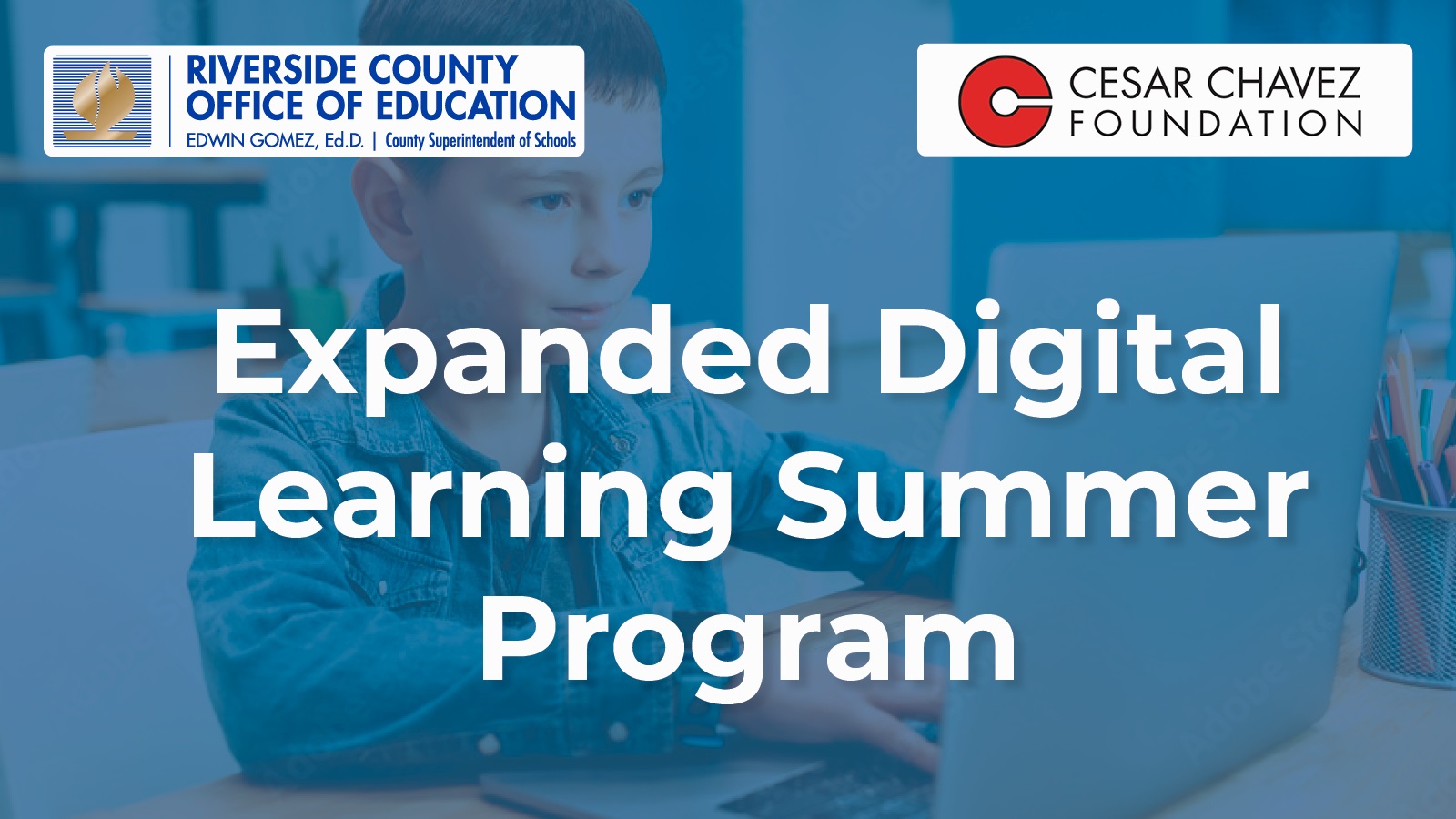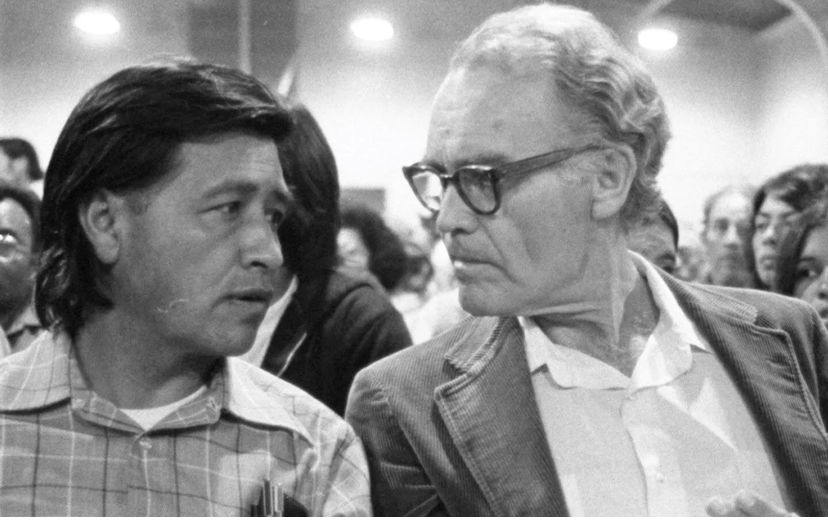First Lady Dr. Jill Biden honors Cesar Chavez at a naturalization ceremony where Chavez lived & labored his last quarter century UFW’s Teresa Romero receiving Outstanding Americans by Choice award
Keene, Calif.—First Lady Dr. Jill Biden honors Cesar Chavez three days before what would have been the civil rights and farm labor leader’s 95th birthday by helping swear in 31 immigrants from nine countries as new U.S. citizens during a U.S. Citizenship and Immigration Services ceremony where Chavez lived and labored his last quarter century. One of the new citizens is a UFW Foundation member from Bakersfield whose husband is a farm worker, Claudia Marcela Campos.
USCIS Director Ur M. Jaddou will administer the Oath of Allegiance and present a national award to United Farm Workers President Teresa Romero, herself an immigrant and naturalized citizen, as an Outstanding American by Choice. Cesar Chavez Foundation President Paul F. Chavez will also deliver remarks.
It is the second year in a row the first lady is visiting a farm worker movement historical property on or around Chavez’s birthday. On March 31, 2021, she marked the occasion by participating in a mass farm worker vaccination clinic at the “Forty Acres” near Delano, the movement’s headquarters before Chavez moved it to Keene in 1971.
Also historically significant is the 187-acre Keene property in the Tehachapi Mountains east of Bakersfield in Kern County. Comprising three acres of it is the Cesar E. Chavez National Monument, the 398th unit of the National Park Service administered in a partnership by the park service and the National Chavez Center, part of the Chavez foundation.
Thousands of farm workers and supporters flowed through what Chavez named La Paz over the decades to plan and do their daily work—from organizing and boycotting to contract bargaining, administration, and financial management. La Paz was where many of the most important UFW campaigns—from the early 1970s onward—were devised, planned, and often coordinated. It was also where Chavez built a community of fellow union members and volunteers who worked with him full time for social justice. It was where Chavez and his colleagues lived out the principles they cherished, including nonviolence, simplicity of lifestyle and service to others.
Monday’s naturalization ceremony is set in the 17,000 square foot Mission style structure now called Villa La Paz. It was where generations of farm worker leaders learned to run their own union by organizing, negotiating and administering union contracts, and resolving differences with growers.
UFW President Teresa Romero said, “I first came to this country in my 20s, seeking a better life for myself—like millions of immigrants before me, like many of you. My respect for the UFW and the farm workers—and my understanding of their struggles—hails from the fact that when I came to America, I did not speak or understand English. I appreciate what it is like to come to a new country, to be exposed to a new language, a new culture, a new people. I have come to be equally proud of my Mexican and Zapotecan heritage as wellas my U.S. citizenship.”
Chavez foundation President Paul Chavez observed, “My dad was the son and grandson of immigrants who in the late 1800s fled the servitude of the hacienda system in Mexico. They sought opportunities they knew they could never have in their native country, sharing the dream of all immigrants—then and now—to partake in the opportunities, benefits, and prosperity this nation offers. But my father was convinced American citizenship is about more than taking an oath and waving the American flag. Citizenship is about empowering yourself and your community through participation, becoming fully informed, registering to vote, voting, and becoming fully engaged in your community’s civic, political, and cultural affairs.”
UFW Foundation Executive Director Diana Tellefson Torres said, “On this day, in this country of immigrants, we continue the proud tradition of welcoming new American citizens and congratulate everyone, including our own member, Claudia, on this achievement. Today we also thank First Lady Jill Biden for joining us in this fundamental practice to our democracy. We are emboldened by her dedication and commitment to the immigrant community and hope to work with her and the Biden administration to expand immigrant rights in the upcoming months and years.”

